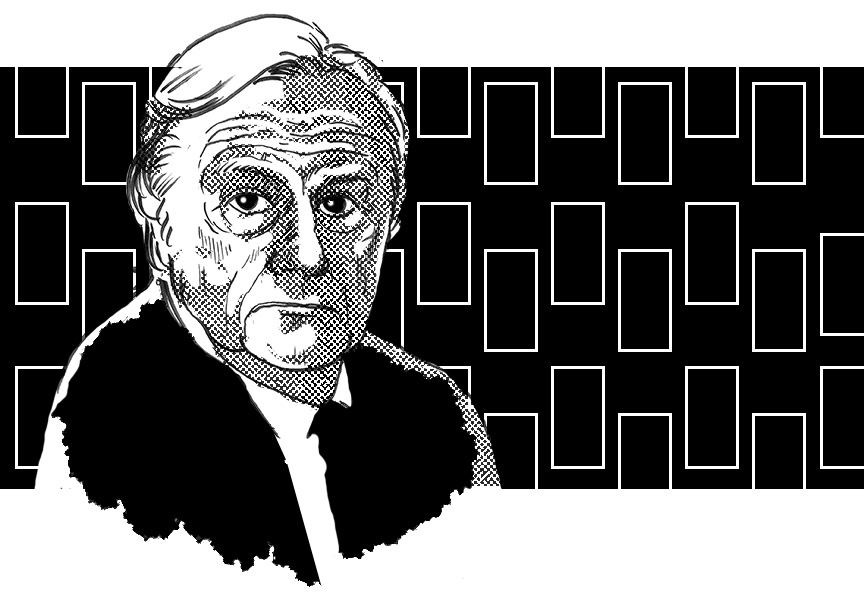
In 1961, 22-year old college dropout Calisto Tanzi opened a small pasteurization plant in Parma, Italy. As time went on, the business, Parmalat, grew and grew, branching out from dairy products to include bakery items, juices and other beverages. The company began trading on the Milan Stock Exchange as its expansion continued, mostly by acquisition.
In the early 2000s, a majority of Parmalat’s new divisions were operating at a loss. A bit of complicated and “creative” accounting told otherwise. Under Calisto’s direction, company executive officers were shifted around or fired and replaced. The monetary results of fund-raising efforts were shuffled through off-shore banks and other financial entities. Financial statements were forged. Goverment auditors detained Calisto and some of his colleagues, investigating Parmalat’s books. They discovered an actual debt of over 14.3 billion Euros, nearly eight times the company’s official report. In 2008, it was revealed that Calisto had embezzled 800 million Euros from the company. He was convicted of fraud and sentenced to 18 years in prison. After two years, he was placed under house arrest.
In 2011, Calisto was sentenced to an additional nine years for bankruptcy fraud and criminal association. A large cache of artwork by Picasso, Van Gogh, Gauguin, Cézanne, and Matisse was discovered at Calisto’s home — works he denied owning. The art was seized before it could be put up for sale.
In the wake of Calisto’s sentencing, several honorary titles and degrees were withdrawn by their issuing organizations.
In January 2022, Calisto passed away from pneumonia at the age of 82.
